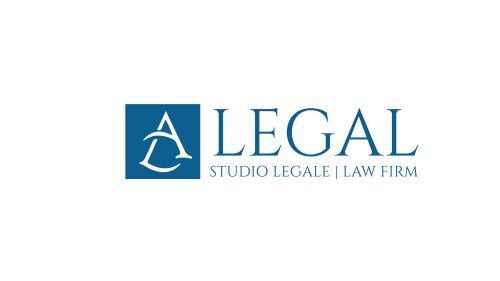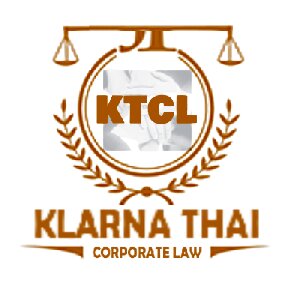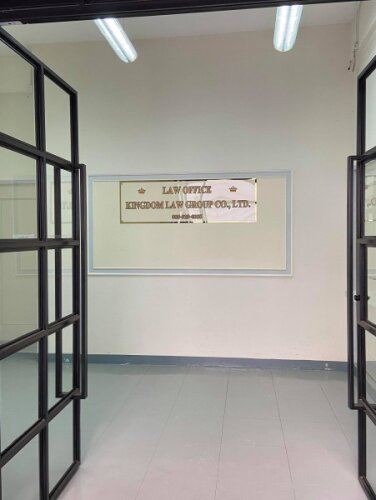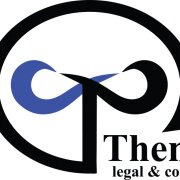Best Energy Regulatory Law Lawyers in Watthana
Share your needs with us, get contacted by law firms.
Free. Takes 2 min.
List of the best lawyers in Watthana, Thailand
About Energy Regulatory Law in Watthana, Thailand
Energy Regulatory Law in Watthana, Thailand governs the generation, transmission, distribution, and consumption of energy resources within the district. As a business hub within Bangkok, Watthana sees a mix of residential, commercial, and industrial energy demands. This legal field covers issues such as the licensing of energy providers, safety and environmental compliance, tariff regulations, renewable energy promotion, and dispute resolution between consumers and energy companies. The Energy Regulatory Commission (ERC) of Thailand oversees much of the industry, ensuring that energy development aligns with national policies and local priorities.
Why You May Need a Lawyer
Individuals and businesses may need legal counsel in several common situations involving energy regulation. These include applying for licenses to operate energy facilities, negotiating energy supply contracts, resolving disputes with providers over bills or outages, complying with energy efficiency standards, and challenging regulatory decisions. Startups and international investors often require local legal guidance to understand Thailand's complex regulatory system and meet environmental obligations. Additionally, as renewable energy projects are on the rise, legal advice is increasingly sought for issues like grid access and incentives.
Local Laws Overview
Watthana falls under the jurisdiction of Thai national energy legislation but also may face Bangkok-specific regulations due to its urban environment. Key legal frameworks include the Energy Industry Act, which governs licensing and operations, and laws related to environmental impact, such as the Enhancement and Conservation of National Environmental Quality Act. The ERC issues codes of practice and guidelines for energy businesses. Local consumers are protected by regulations concerning fair pricing, safety standards, metering, and connection rights. Recent reforms focus on boosting renewable energy sources, improving public participation, and ensuring transparent tariff setting.
Frequently Asked Questions
What is the main authority regulating energy in Watthana?
The primary authority is the Energy Regulatory Commission (ERC) of Thailand, which oversees activities in Watthana and throughout the country.
Do I need a license to generate electricity for my business?
Yes, businesses that wish to generate electricity, even for internal use, generally require a license from the ERC, subject to capacity thresholds and specific exemptions.
How are energy tariffs determined?
Energy tariffs are set by the ERC based on a regulated methodology, taking into account production costs, demand, and policy objectives. Public input may be solicited during tariff reviews.
What legal obligations do renewable energy projects face?
Renewable energy projects are required to obtain permits, conduct environmental impact assessments as applicable, and follow safety and interconnection standards set by the ERC and other authorities.
How can I resolve a dispute over my electricity bill?
Start by contacting your energy provider's customer service. If unresolved, you can file a complaint with the ERC or seek mediation. Legal counsel may assist if the dispute escalates.
Can foreign investors participate in energy projects in Watthana?
Yes, but they must comply with the Foreign Business Act, obtain necessary licenses, and follow specific investment guidelines set for the energy sector.
Are there incentives for adopting solar power in Watthana?
There are national and local incentives for adopting solar energy, including feed-in tariffs and tax benefits. These programs are subject to change and application requirements.
What are the penalties for unauthorized electrical work?
Engaging in unlicensed electrical work can lead to fines, criminal charges, and disconnection of services under the Energy Industry Act and other safety regulations.
How do I check if my energy provider is properly licensed?
Consumers can consult the ERC's public records or request proof of licensing directly from the provider. Licensed providers must adhere to published standards and codes.
Can I participate in public hearings on energy projects?
Yes, public participation is encouraged during environmental and regulatory review processes for major energy projects. Notices are posted by the ERC or relevant agencies.
Additional Resources
For more information or assistance, you may contact the following resources:
- Energy Regulatory Commission (ERC) - Handles licensing, tariffs, and consumer complaints
- Ministry of Energy - Sets national policy and oversees energy affairs
- Provincial Electricity Authority (PEA) and Metropolitan Electricity Authority (MEA) - Local supply and distribution
- Bangkok Metropolitan Administration (BMA) - Local government guidance and urban energy policy
- Thailand Board of Investment (BOI) - Support for energy-related investments, including incentives
- Local legal aid centers and the Lawyers Council of Thailand - For expert legal advice and representation
Next Steps
If you believe you need assistance with Energy Regulatory Law in Watthana, consider the following steps:
- Clearly define your issue or question and gather any relevant documents, such as bills, contracts, or correspondence.
- Reach out to the appropriate agency (e.g., the ERC) for initial guidance and to determine if an administrative solution is possible.
- If legal complexity or potential liability exists, contact a qualified lawyer with experience in Thai energy regulation and local practices in Watthana.
- For business or investment matters, look for legal professionals with a track record in licensing and regulatory compliance.
- Consider free or low-cost legal consultations offered by local legal aid centers if cost is a concern.
- Stay informed about changes in energy policy, local incentives, and consumer rights relevant to your situation.
Lawzana helps you find the best lawyers and law firms in Watthana through a curated and pre-screened list of qualified legal professionals. Our platform offers rankings and detailed profiles of attorneys and law firms, allowing you to compare based on practice areas, including Energy Regulatory Law, experience, and client feedback.
Each profile includes a description of the firm's areas of practice, client reviews, team members and partners, year of establishment, spoken languages, office locations, contact information, social media presence, and any published articles or resources. Most firms on our platform speak English and are experienced in both local and international legal matters.
Get a quote from top-rated law firms in Watthana, Thailand — quickly, securely, and without unnecessary hassle.
Disclaimer:
The information provided on this page is for general informational purposes only and does not constitute legal advice. While we strive to ensure the accuracy and relevance of the content, legal information may change over time, and interpretations of the law can vary. You should always consult with a qualified legal professional for advice specific to your situation.
We disclaim all liability for actions taken or not taken based on the content of this page. If you believe any information is incorrect or outdated, please contact us, and we will review and update it where appropriate.















